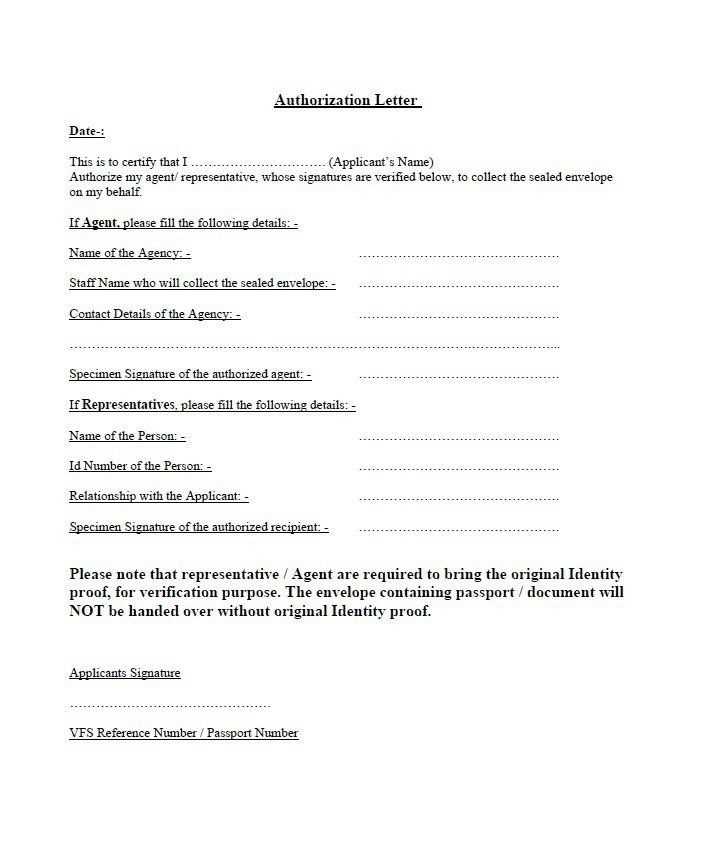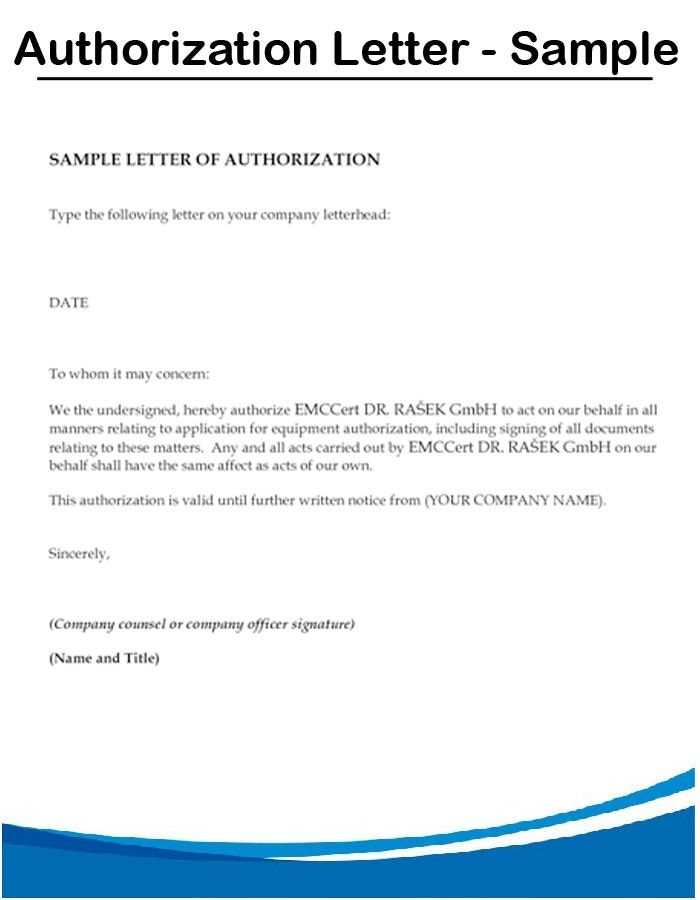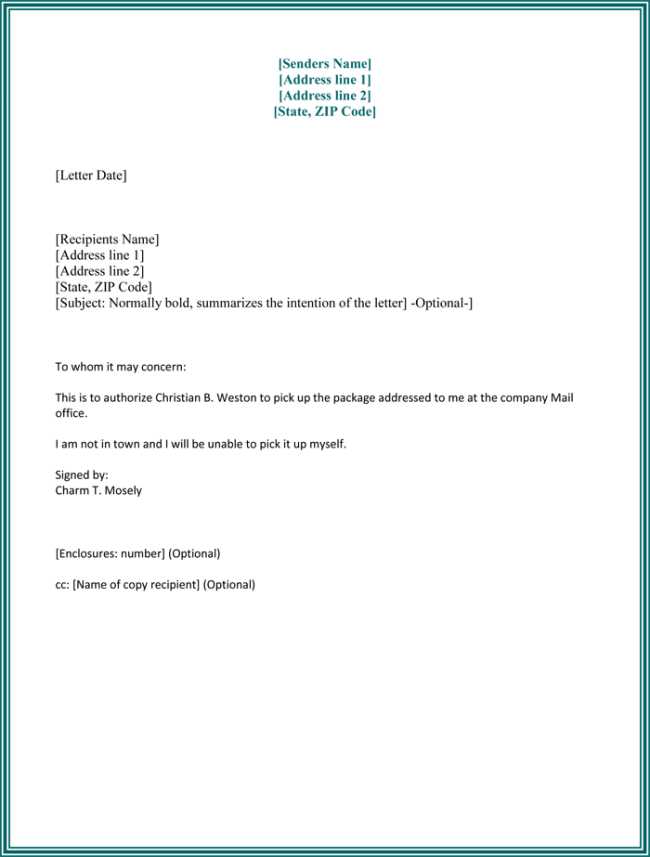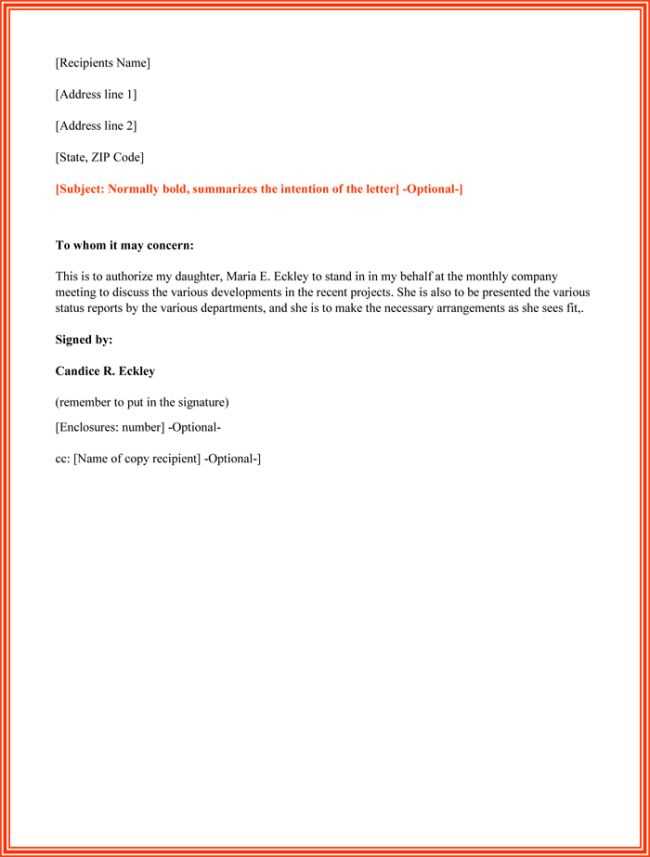Letter to Representative Template for Effective Communication

Engaging with the individuals who represent your interests in government is an essential aspect of a functioning democracy. Expressing your views, concerns, or requests through written communication can be an effective way to ensure your voice is heard on key issues. This form of communication allows you to directly address those in power and make a meaningful impact on the decisions that affect your life and community.
Writing to officials may seem daunting at first, but it doesn’t have to be. With the right approach, anyone can craft a compelling and professional message that clearly conveys their position. Whether you are advocating for a particular policy, voicing a concern, or requesting action on a specific issue, it’s important to understand the structure and tone that will resonate with those receiving your communication.
Clear, concise, and respectful communication is key. By following a few simple guidelines, you can make sure your message stands out and is taken seriously. It’s not just about what you say, but how you say it that can make a difference in getting the attention you seek.
Why Write to Your Government Official?
Communicating directly with those in positions of authority allows citizens to have a say in the decision-making process that affects their lives. When you reach out to those who hold power, you are not only expressing your personal opinion but also contributing to the larger conversation about policies, laws, and issues that matter to you and your community.
Government officials are elected or appointed to serve the needs of the people. They rely on feedback from their constituents to make informed decisions. By taking the initiative to share your thoughts or concerns, you ensure that your voice is included in the ongoing dialogue about the direction of public affairs.
Moreover, reaching out can also help raise awareness of specific issues that may not be getting enough attention. When multiple people express similar concerns, it can amplify the message and encourage action. This type of engagement is a powerful tool for advocating change or making sure that important matters remain a priority.
Understanding the Role of a Government Official
Public figures who are tasked with making decisions on behalf of their communities hold significant responsibility. Their main duty is to represent the interests and concerns of the people who elected them. These individuals are entrusted with the power to shape policies, introduce legislation, and influence the allocation of resources in a way that reflects the needs of society.
Being accessible and accountable to the public is crucial for officials to carry out their role effectively. By staying in touch with their constituents, they can gather valuable insights on pressing issues, ensuring that the decisions they make align with the values and expectations of the people they serve.
These figures also serve as a link between the government and the citizens. When people have concerns or seek to voice their opinions, they can approach their officials, knowing that their input will be taken into consideration. This interaction helps foster a transparent and responsive government, where actions are guided by the will of the public.
How to Craft a Persuasive Message
When communicating with those in positions of power, it’s essential to present your ideas in a way that is both clear and compelling. To increase the chances of your concerns being taken seriously, your message should be structured thoughtfully and appeal to the priorities of the decision-makers. Here are key steps to help you create an impactful communication:
- Be clear and concise: Avoid unnecessary details. Focus on the key points you want to address and ensure your message is easy to understand.
- Use facts and evidence: Support your arguments with relevant data, studies, or personal experiences that strengthen your position. This adds credibility to your message.
- Stay respectful and professional: Even when addressing contentious issues, it’s important to maintain a polite and constructive tone.
- Personalize your message: Show why the issue matters to you specifically and how it affects your community or region.
- Make a clear request: Be direct about the action you want the decision-maker to take. Vague suggestions are less likely to result in change.
By following these steps, you can craft a message that not only grabs attention but also increases the likelihood of a positive response. Keep in mind that your communication should reflect the values and concerns of your community to resonate with the person reading it.
Key Tips for Effective Communication

For your message to have the desired impact, it’s important to communicate in a way that is clear, respectful, and purposeful. Whether you’re trying to persuade, inform, or request action, how you present your ideas can make all the difference. The following tips can help ensure your message is well-received and considered seriously:
- Keep it focused: Stay on topic and avoid introducing unrelated issues. A focused message is more likely to be understood and acted upon.
- Use a structured approach: Start with a clear introduction, followed by your main points, and conclude with a specific request. This makes your communication easier to follow.
- Be polite and professional: A respectful tone increases the likelihood of your message being taken seriously and fosters a constructive dialogue.
- Address the recipient properly: Ensure that you are using the correct titles and names, as this shows that you respect the recipient’s position and authority.
- Proofread before sending: Make sure there are no spelling or grammatical errors that could undermine the professionalism of your communication.
By following these guidelines, you can enhance the effectiveness of your communication and improve the chances of getting a positive response.
Common Mistakes to Avoid in Correspondence

When reaching out to those in positions of power, it’s important to avoid certain errors that can weaken the effectiveness of your communication. A poorly written message may not only fail to convey your point but also reduce the likelihood of receiving a positive response. Here are some common mistakes to watch out for:
- Being too vague: General statements without clear examples or requests can make your message unclear. Always state your concern or request specifically.
- Using an aggressive tone: Even if you feel strongly about an issue, an angry or combative tone can alienate the reader. Maintain a respectful and constructive approach.
- Excessive length: Long-winded messages can overwhelm the reader and make your key points harder to find. Keep it concise and focused.
- Neglecting to proofread: Spelling or grammar mistakes can undermine the professionalism of your communication. Always take the time to check your writing before sending it.
- Forgetting to state your request: It’s easy to get caught up in explaining your position, but don’t forget to clearly articulate the action you want the recipient to take.
By steering clear of these common mistakes, you increase the chances that your communication will be taken seriously and have a lasting impact.
What Not to Include in Your Message
When drafting a message to a government official or decision-maker, it’s important to focus on the key points and avoid unnecessary elements that can detract from your main message. Including irrelevant or inappropriate content may reduce the impact of your communication. Here are some things you should steer clear of:
- Personal attacks or insults: Criticizing the individual personally or using offensive language undermines your position and makes your concerns less likely to be taken seriously.
- Excessive emotion: While passion about an issue is understandable, overly emotional language can make your message seem less rational and harder to engage with.
- Unverified information: Avoid including unsubstantiated claims or rumors. Ensure all facts are accurate and well-sourced to maintain credibility.
- Irrelevant details: Focus on the issue at hand. Avoid providing excessive background information that does not directly relate to your request or concern.
- Overly complex language: Use clear and straightforward language to make your point. Avoid jargon or convoluted phrasing that could confuse the reader.
By excluding these elements, you ensure that your message remains professional, clear, and impactful, which increases the chances of a favorable response.
When Is the Best Time to Send?
The timing of your communication can significantly influence how it is received and whether it generates the desired response. Certain moments in the legislative or political cycle can make your message more impactful, while others may reduce its relevance. Understanding when to send your communication ensures it reaches the right person at the right time.
- During key legislative periods: If there is a pending vote or debate on an issue that matters to you, sending your message before or during this time increases the chances of your voice being heard.
- When public attention is focused on an issue: If an issue is in the news or being discussed widely, your message can tap into the current public dialogue, making it more relevant and timely.
- At the start of a new term or session: When officials are setting their agendas for the year, your communication can help shape their priorities and remind them of the concerns of their constituents.
- Avoiding busy periods: Be mindful of times when officials are overwhelmed, such as right before a major deadline or during an election campaign. These times may lead to your message being overlooked.
By sending your communication at the right time, you increase the likelihood that it will be given the attention it deserves and have the desired impact.
Timing and Relevance Matter

The effectiveness of your communication depends not only on what you say but also on when and how you say it. Sending your message at the right moment can make a significant difference in how it is received. Additionally, ensuring your concerns align with current political or social issues enhances their relevance, making them more likely to prompt action.
| Timing | Impact |
|---|---|
| Before key decisions or votes | Increases the chance that your concerns will be considered in the decision-making process. |
| During high public interest in an issue | Aligns your message with the ongoing conversation, amplifying its relevance. |
| At the beginning of a legislative session | Helps shape the agenda and ensures that your concerns are on the official’s radar from the outset. |
| When public opinion is shifting | Leverages the momentum of changing perspectives to influence policy direction. |
By carefully considering both the timing and relevance of your message, you can maximize its impact and improve the chances of seeing meaningful change.